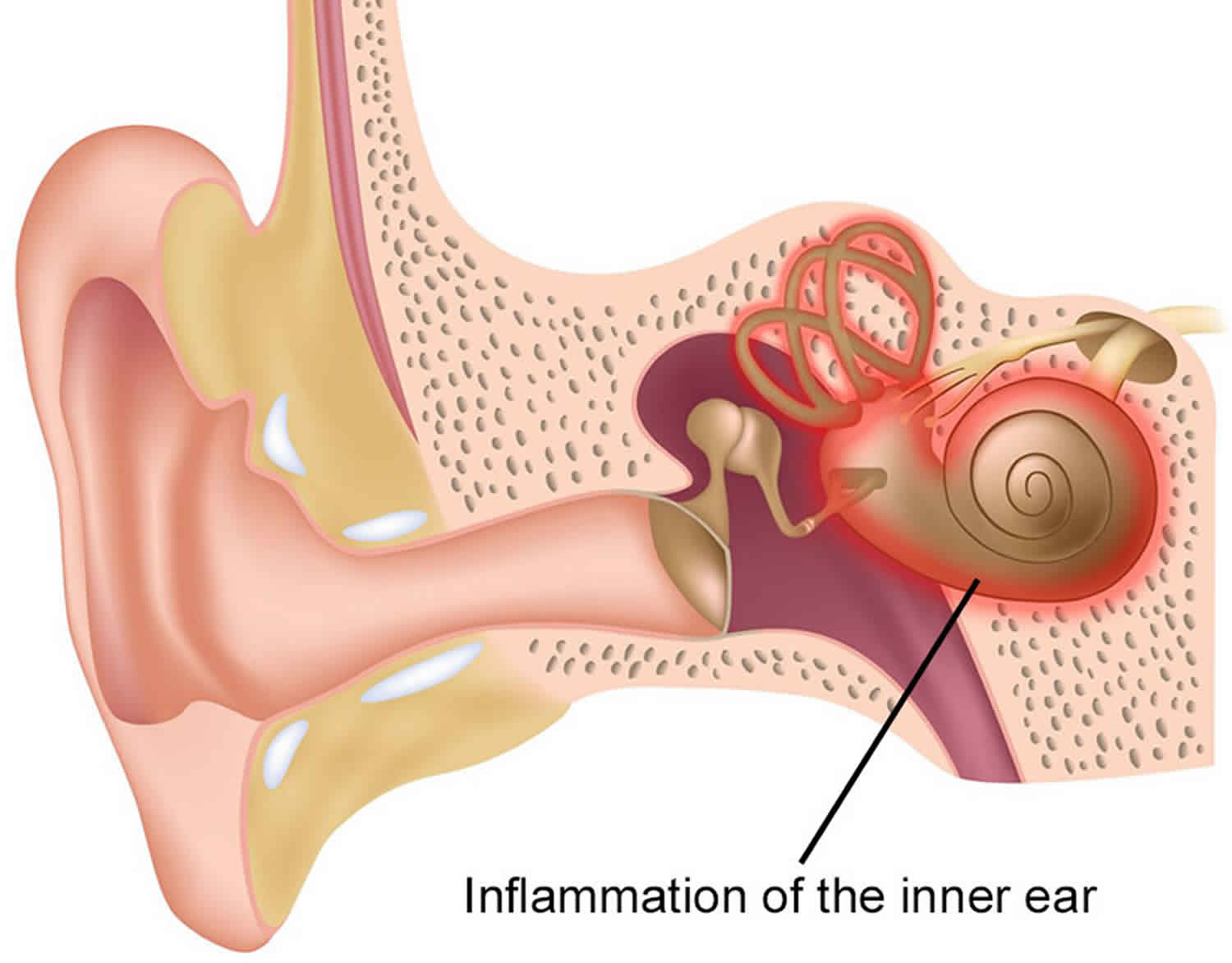
Vestibular neuritis causes, symptoms, diagnosis, treatment & exercises
Vestibular neuronitis may be described as acute, sustained dysfunction of the peripheral vestibular system with secondary nausea, vomiting, and vertigo. As this condition is not clearly inflammatory in nature, neurologists often refer to it as vestibular neuropathy.. Please confirm that you would like to log out of Medscape. If you log out.
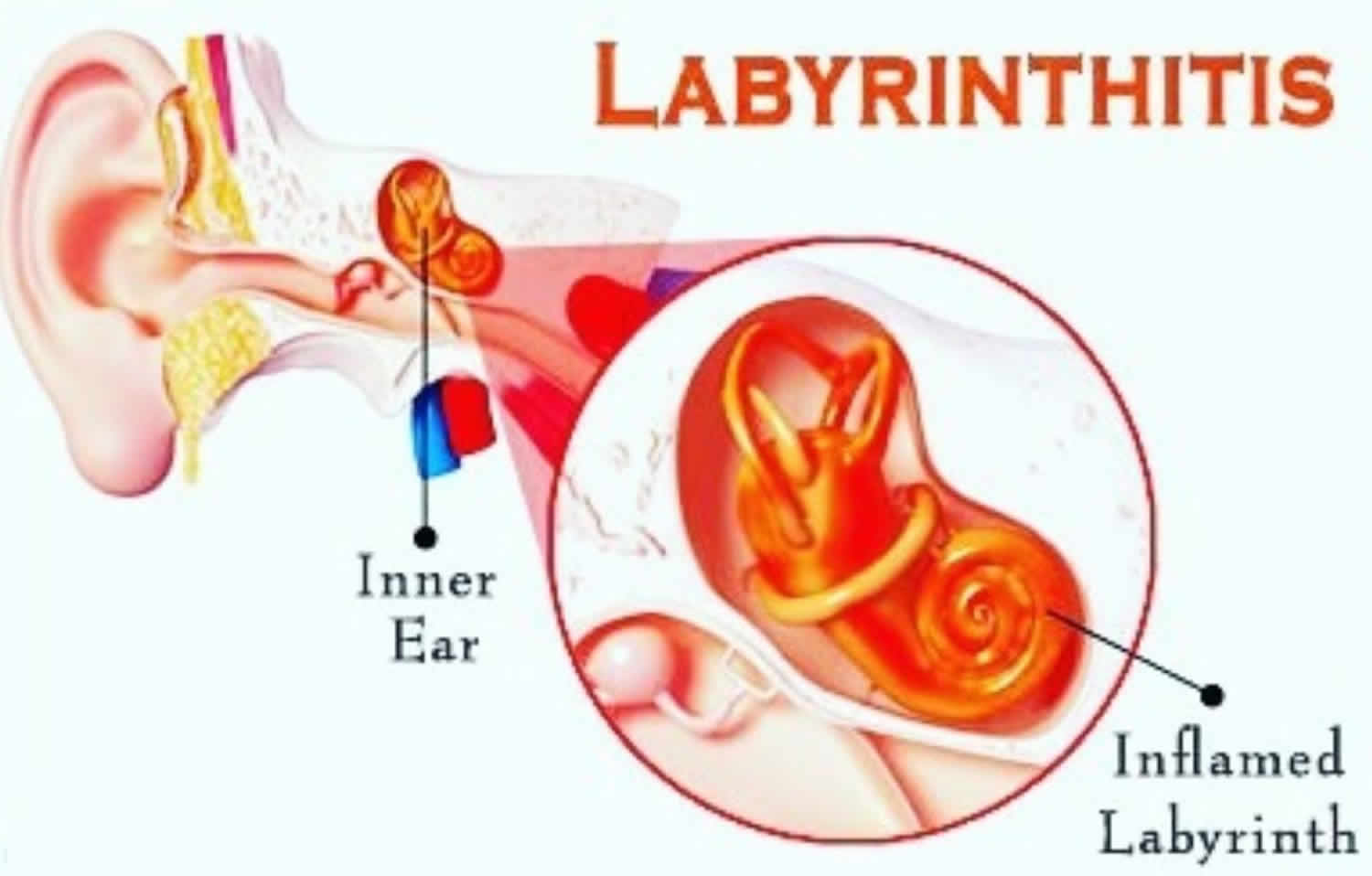
8th THE VESTIBULOCOCHLEAR NERVE Samarpan Physio. Clinic
Vestibular neuritis is a condition that affects the vestibular nerve, which connects the inner ear to the brain, causing prolonged vertigo usually in the absence of significant hearing loss. The onset of both conditions is typically abrupt over minutes to hours, and may involve vertigo, imbalance, jumping vision due to eye movements, nausea and.

Acute Vestibular Neuritis Visualized by 3T Resonance Imaging With HighDose Gadolinium
The cause of vestibular neuritis remains unclear. However, a viral infection of the vestibular nerve or ischemia of the anterior vestibular artery is known to cause vestibular neuritis. In addition, recent studies on immune-mediated mechanisms as the cause of vestibular neuritis have been reported.

Vestibular Neuritis Adult and pediatric printable resources for speech and occupational therapists
Vestibular neuritis is also known as vestibular neuronitis, labyrinthitis, neurolabyrinthitis, and acute peripheral vestibulopathy [ 1 ]. A group of leading international experts has proposed the term "acute unilateral vestibulopathy" (AUVP) as the preferred name for this condition [ 2 ]. It is a self-limited disorder, and most patients recover.

Vestibular Neuritis Endoscopic & Minimally Invasive Ear Surgery Institute
Vestibular neuronitis may be described as acute, sustained dysfunction of the peripheral vestibular system with secondary nausea, vomiting, and vertigo. As this condition is not clearly inflammatory in nature, neurologists often refer to it as vestibular neuropathy.

NEURITIS VESTIBULAR Otorrinolaringología Vértigo uDocz
Summary Vestibular neuritis happens when the vestibular nerve, which sends signals from the ear to the brain, becomes inflamed or irritated. Symptoms include vertigo and nausea Doctors and.

Vestibular neuritis / Neuritis vestibularis [Essential medicine] YouTube
Vestibular neuritis is the second most common cause of peripheral vestibular vertigo (the first being benign paroxysmal positional vertigo). It accounts for 7 percent of the patients who present.

Vestibular Neuritis Dr. John Bergman
Vestibular neuritis, also referred to as vestibular neuronitis, occurs when the nerve in the inner ear becomes inflamed, causing sudden, severe vertigo (a visual sensation of spinning or motion.
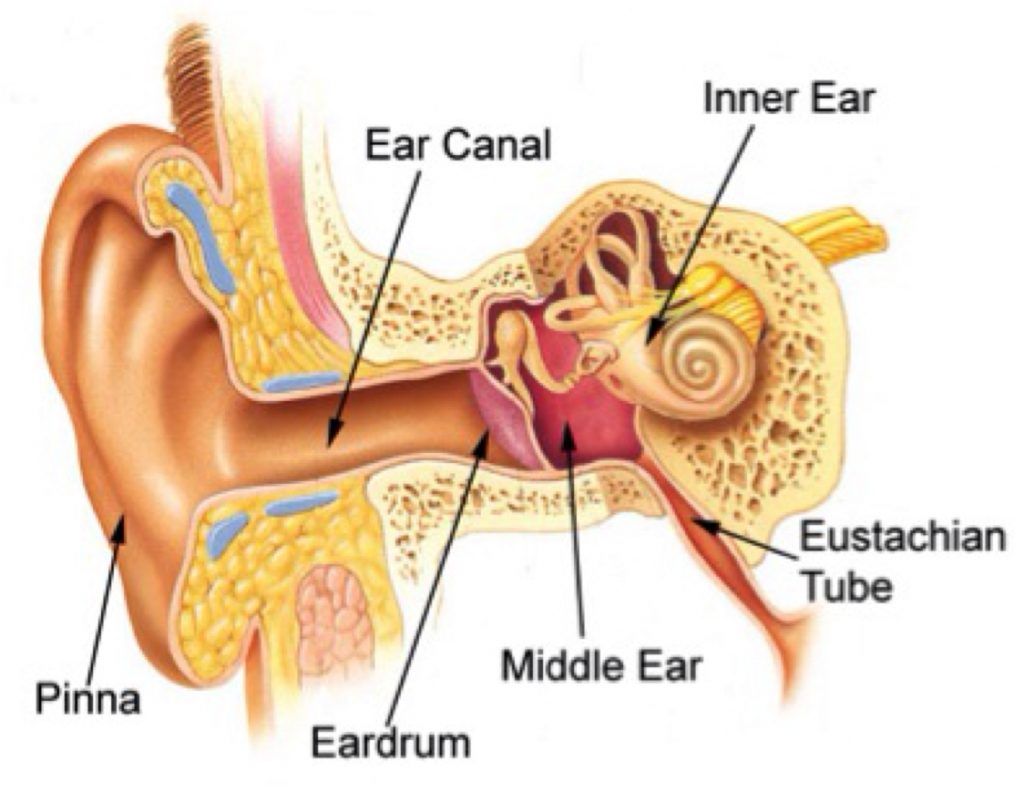
Tratamiento de la Neuritis Vestibular Todo lo que debes saber
Vestibular neuritis is a condition that causes vertigo and dizziness. It results from inflammation of your vestibular nerve, a nerve in the ear that sends information to your brain about balance.
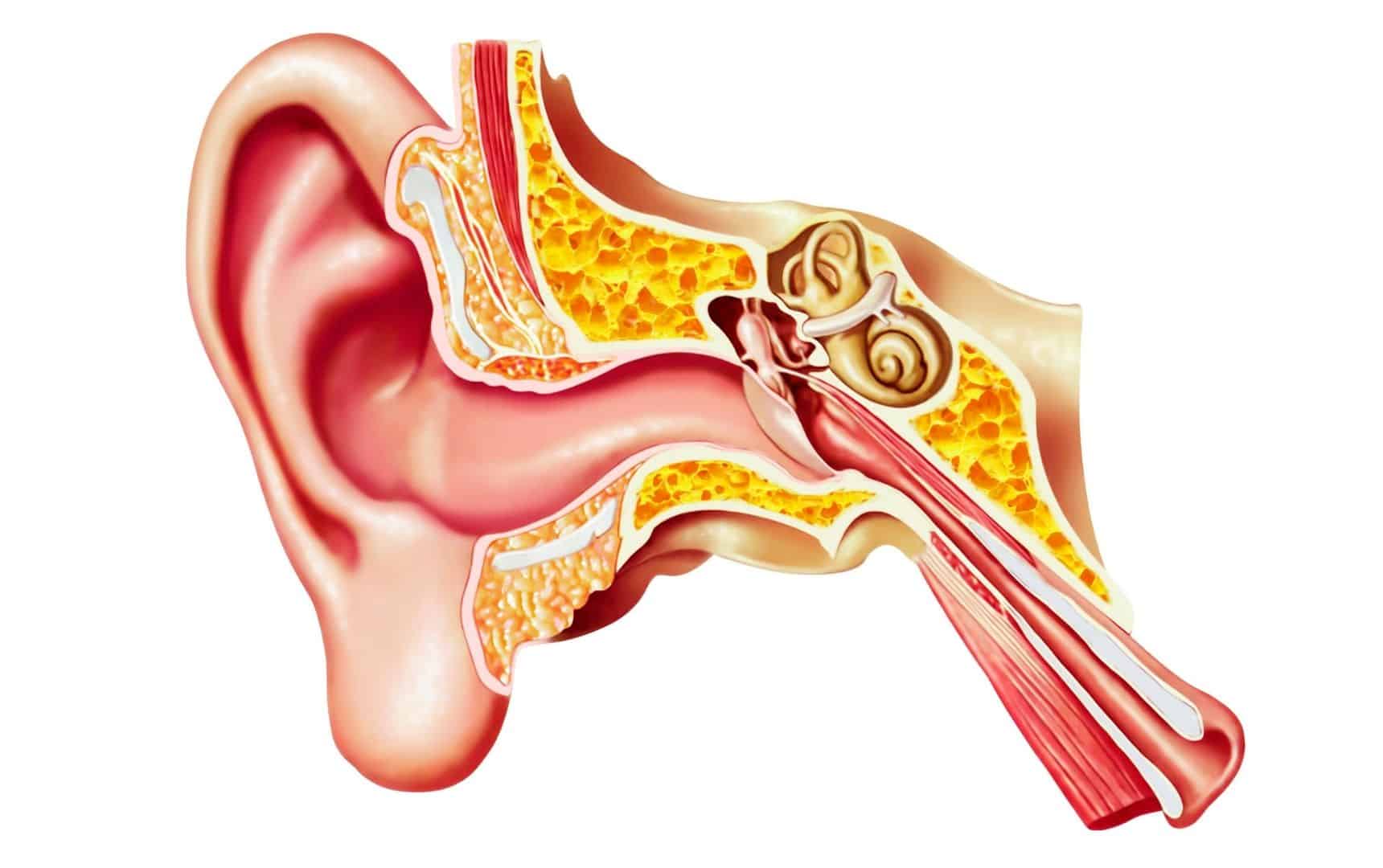
What is Vestibular Neuritis and How To Treat It
Vestibular neuronitis may be described as acute, sustained dysfunction of the peripheral vestibular system with secondary nausea, vomiting, and vertigo. As this condition is not clearly.
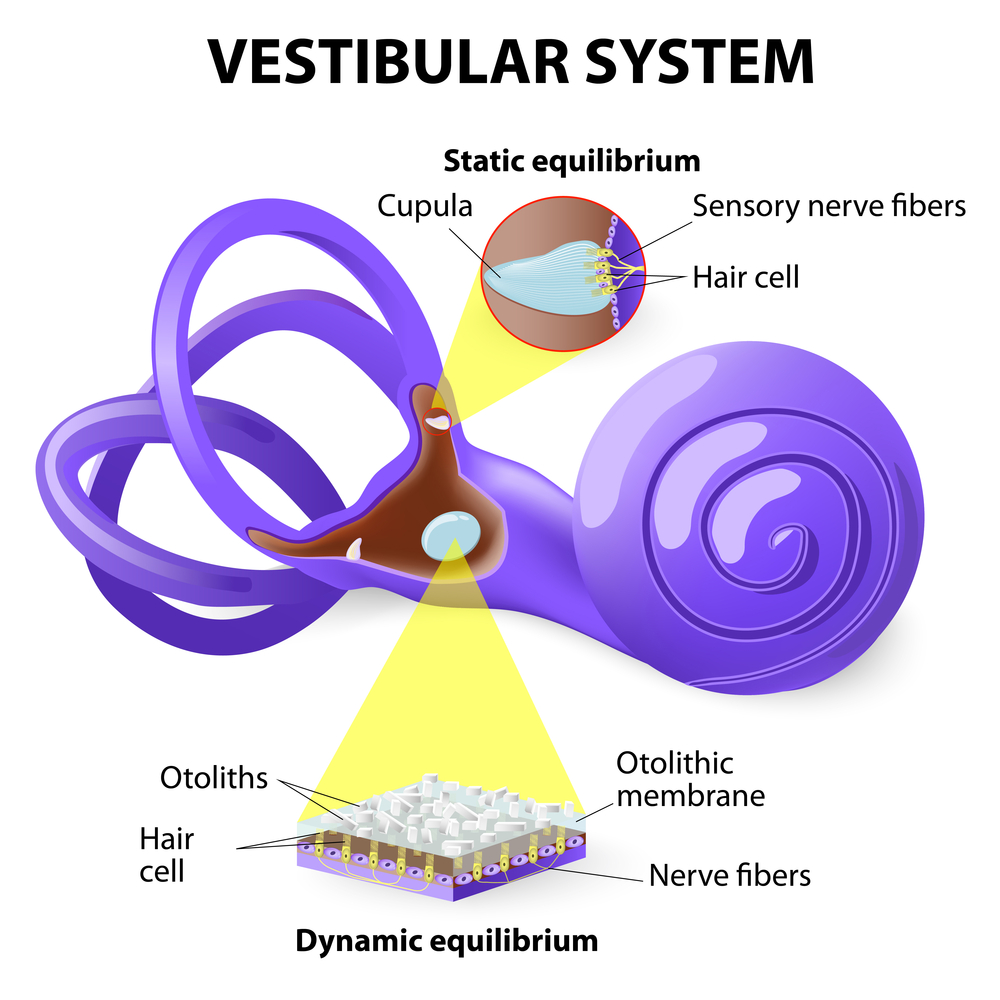
Vestibular Neuritis Symptoms, Causes & Physical Therapy Management
Formulary Recommended Vestibular neuronitis may be described as acute, sustained dysfunction of the peripheral vestibular system with secondary nausea, vomiting, and vertigo. As this condition.

Clinical features of superior vestibular neuritis. ( A ) A patient with... Download Scientific
A common feature of vestibular neuritis is selective damage to the superior part of the vestibular labyrinth (horizontal and anterior semicircular canals and utricle) supplied by the superior.

Vestibular Neuritis Pillars of Wellness Burlington
Updated: Oct 27, 2022 Author: Hesham M Samy, MD, PhD; Chief Editor: Robert A Egan, MD more. Approach Considerations Acute dizziness and vertigo is usually managed with vestibular.
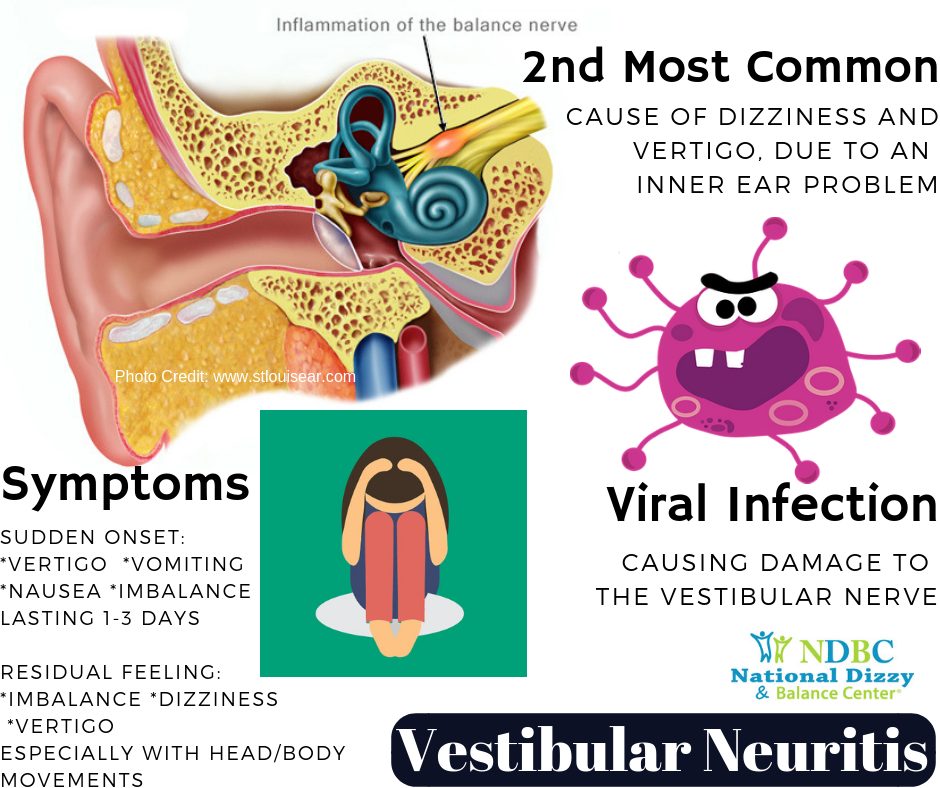
What Is Vestibular Neuritis? Symptoms, Causes, Diagnosis, Treatment, and Prevention Health
Introduction Vestibular neuritis, also known by the name vestibular neuronitis, is thought to be caused by inflammation of the vestibular portion of the eighth cranial nerve and classically presents with vertigo, nausea, and gait imbalance. It is believed to be associated with preceding or accompanying viral infection.

Vestibular Neuritis Diagnosis, Treatment and Prognosis PMC Physiotherapy Dunboyne
Vestibular neuritis is an inner ear disorder that causes symptoms such as sudden, severe vertigo, dizziness, balance problems, nausea and vomiting. Experts believe that viral infections cause vestibular neuritis. Treatment typically involves managing symptoms or taking antiviral medications.

(PDF) Imaging features of bilateral vestibular neuritis
3.1. Diagnostic criteria for "Acute Unilateral Vestibulopathy". Each of the following criteria have to be fulfilled: A) Acute or subacute onset 1 of sustained 2 spinning or non-spinning vertigo 3 (i.e., an acute vestibular syndrome) of moderate to severe intensity 4 with symptoms lasting for at least 24 hours 5,6.